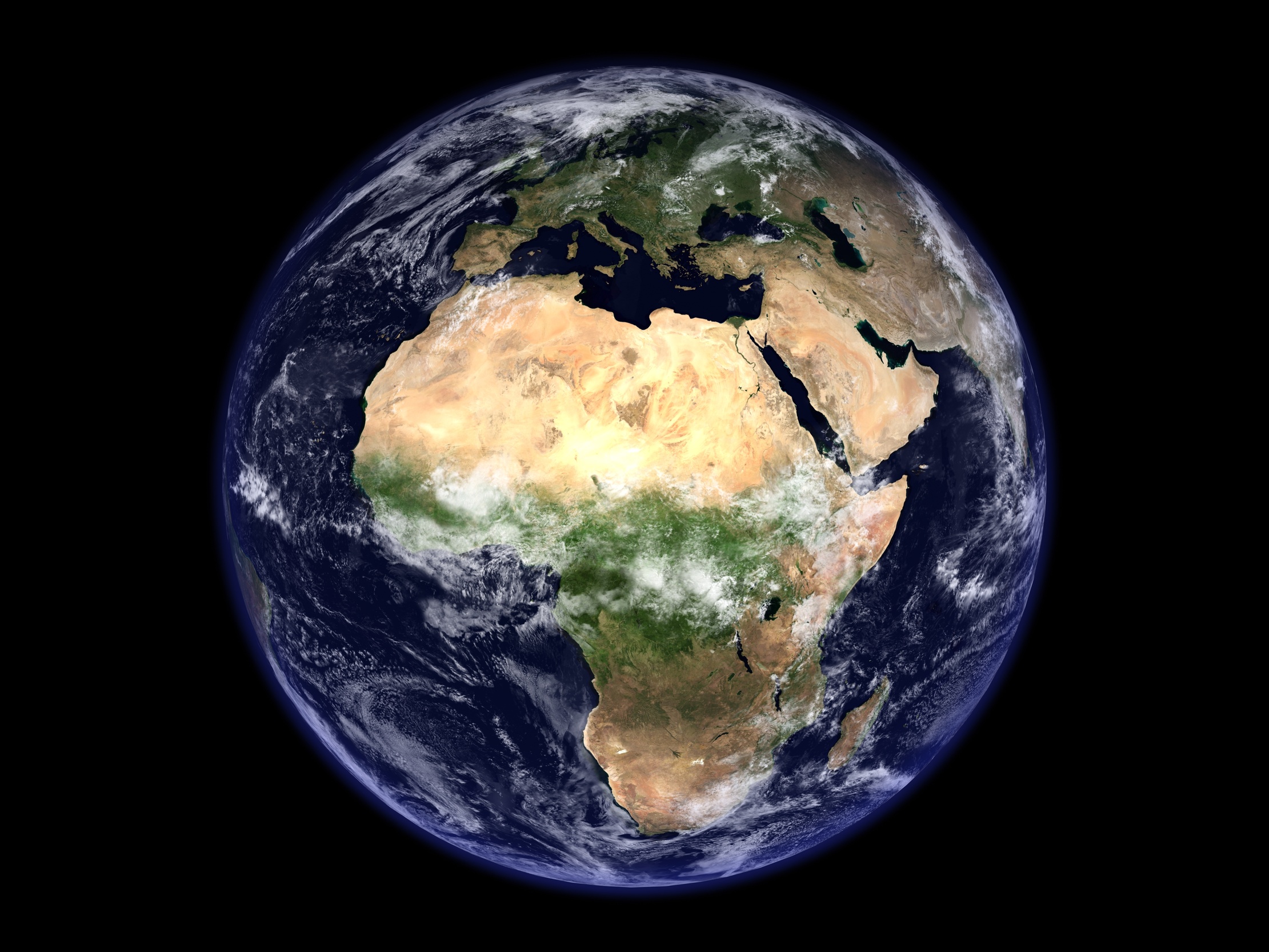Federal Environment Minister Barbara Hendricks said: "Respecting planetary boundaries is a major challenge for environmental policy. Germany too must reduce its ecological footprint to a tolerable level. In addition to the goal of becoming climate-neutral by mid-century, we must also operate in a way that respects the limits of the environment's capacities."
President Maria Krautzberger of the German Environment Agency said: "The worldwide pressure on ecosystems threatens to make fundamental changes on earth. The concept of planetary boundaries points out that we are putting our natural sources of livelihood at risk in many ways. It is urgent that we change our course to ensure the possibility of living a good life in the future."
General Secretary Dr. Heinrich Bottermann of the Deutsche Bundesstiftung Umwelt DBU remarked: "In order to talk about planetary boundaries we need some idea of the playing field we can act upon and in which there is room for possibilities, room for innovation. What this means is ensuring a life of dignity for all people without destroying the planet."
The Federal Government oriented the update to the 2016 German Sustainability Strategy towards the concept of planetary boundaries. The concept, in addition to the goal of living a dignified life, is to serve as a guideline for political decision-making.
About the concept of planetary boundaries
The idea of planetary boundaries sets out that mankind is threatened not only by climate change, but also by the rapid loss of biodiversity, disruption of the nitrogen and phosphorus substance cycles and by the great ecological, economic and societal risks posed by changes in land use worldwide. The concept of planetary boundaries is based on scientific knowledge on the one hand and application of the precautionary principle on the other. The concept was introduced by Johan Rockström and a team of researchers in 2009 and further elaborated in 2015. Johan Rockström was awarded the German Environmental Award of the Deutsche Bundesstiftung Umwelt in 2015. The Integrated Environmental Programme 2030 of the BMUB has identified the goal of living within the boundaries of ecological limits as a key challenge for environmental politics.
Updated conference information on Twitter: #pbconf17


